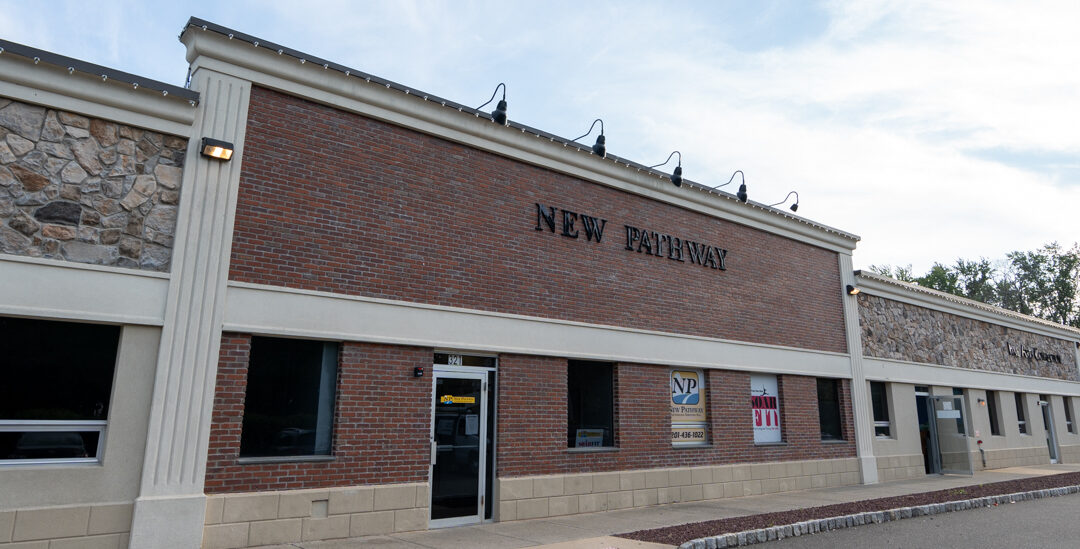Your Teen's Transformation Starts
Here!
Guardian Recovery Adolescent can help your teen take control of their lives, putting them on a path to a brighter future filled with possibility.
The Calming Effect of Horses
Horses can provide a unique calming effect for teens. When a teen looks into a horse’s eyes, it can trigger the release of oxytocin, often called the “love hormone.” This hormone is linked to bonding and feelings of trust, helping reduce anxiety and promoting calmness. The gentle connection between a teen and a horse can create a sense of safety and emotional balance.2 The gentle motion of brushing the horse and its calm warmth can help a teen relax and lower stress. It also helps them focus on what’s happening right before them, making it easier to handle big emotions. Being around a horse and watching its calm movements can also help teens feel grounded. Horses are naturally steady, and that calm energy can rub off on a teen, helping them slow down and breathe easier.What is the EAGALA Model in Equine Therapy & Mental Health Treatment?
The EAGALA model is a unique approach to equine therapy that combines horses and mental health treatment to help teens and adults work through emotional challenges. EAGALA stands for the Equine Assisted Growth and Learning Association. This model stands out because it focuses on using the horse’s natural behaviors to mirror a person’s emotions, helping them understand and manage their feelings in a safe, supportive environment. In a session using the EAGALA model, a teen might be asked to lead a horse through an obstacle course. As the horse reacts to the teen’s commands or body language, it can reveal how the teen is feeling or how they are handling stress. The horse might resist or become more agitated if the teen is anxious or frustrated. But when the teen finds ways to stay calm and communicate clearly, the horse will often respond positively, creating a moment of insight and growth for the teen. By focusing on the relationship between the person and the horse, the EAGALA model creates a hands-on way to learn important life skills like emotional regulation, communication, and problem-solving while providing a safe space for healing. This model is especially helpful for teens with trouble expressing themselves verbally, as the horse’s behavior offers a nonjudgmental way to communicate and explore their emotions.3Complimentary Insurance Check
Find Out Today!
"*" indicates required fields
Grooming as Anxiety Therapy
Grooming a horse can be a great way for teens to feel calmer and less anxious. When teens brush or care for a horse, it helps them focus on something simple and peaceful. The smooth, repetitive brushing motion can foster relaxation, helping the teen take their mind off worries and feel more at ease. For example, as teens brush a horse, they might notice how the brush moves across its coat and the sound of the horse’s breathing. This quiet focus helps them slow down and pay attention to the moment, which can reduce stress. The calm presence of the horse also helps the teen feel more centered, easing the feeling of being overwhelmed. Caring for a horse this way also builds a special bond between the teen and the animal. Horses can sense how people feel, so when the teen is calm, the horse usually responds calmly. This creates a feeling of trust and comfort, helping the teen feel supported and more in control of their emotions. Grooming a horse isn’t just about caring for the animal—it also helps the teen care for themselves.4Peaceful Partnership Through Equine Emotional Sensitivity
Horses are naturally sensitive to the emotions of the people around them. This sensitivity can help teens find peace and calm when working with a horse. When a teen approaches a horse, the animal often picks up on their feelings—whether nervous, stressed, or relaxed—and responds in kind. This allows the teen to see how their emotions affect others, which can be a powerful way to understand and manage their feelings. If a teen feels anxious, the horse might act nervous or distant, which can help them realize that the horse is reflecting their emotions. On the other hand, if the teen stays calm and confident, the horse is more likely to respond calmly as well. This creates a peaceful partnership where the teen learns how their emotions can affect the world around them and how they can shift their energy to create a calmer environment. The relationship between a teen and a horse also teaches trust and connection. Horses don’t judge or criticize—they just respond to the emotions they sense. This nonjudgmental response can make teens feel safe to explore their feelings without fear of rejection. By working with a horse, teens can build emotional awareness and find a peaceful way to connect with themselves and others.5Structured Exercises & Routines for Anxiety Control
Structured exercises and routines with horses can help teens gain better control over their anxiety. When teens participate in planned activities with horses, like leading them through certain paths or practicing specific movements, it gives them a sense of purpose and focus. These routines provide clear steps for the teen to follow, which can be very helpful when they feel overwhelmed or uncertain. One exercise might involve leading a horse through an obstacle course. As the teen works with the horse, they learn to focus on the task, which helps distract them from anxious thoughts. The routine of guiding the horse through the course also allows the teen to practice staying calm and focused, as they must remain steady and clear-headed to keep the horse moving smoothly. Having a set routine helps teens feel more grounded because they know what to expect. This sense of structure can reduce the chaos that anxiety often brings. Over time, teens learn how to manage their feelings by following these exercises and routines, gaining confidence in staying calm and in control even during stressful situations. The connection with the horse during these activities helps reinforce this sense of peace and stability.Our Locations
Our Facilities & Teams Transform Lives
Changing lives by providing comprehensive support and rehabilitation, empowering individuals to overcome addiction and regain control of their health and well-being.
Contact Us to Learn More
If you think equine therapy could be a helpful way to support your teen’s mental health, we’re here to help. At Guardian Recovery, we offer a free consultation where we’ll take the time to understand your teen’s unique needs and answer any questions you may have about the process. This no-pressure conversation will allow you to learn more about how equine therapy works and how it can be a part of your teen’s healing journey. Contact us today to schedule your free consultation and take the first step toward helping your teen find peace and healing.
Your teen’s well-being is our priority, and we’re here to support you every step of the way.
SELF-ASSESSMENT:
Do I Have an Addiction Issue?
Disclaimer: Does not guarantee specific treatment outcomes, as individual results may vary. Our services are not a substitute for professional medical advice or diagnosis; please consult a qualified healthcare provider for such matters.
- Healthy Children.org. (2019). Anxiety in Teens is Rising.
- Transforming Trauma. (2019). Resilience and Healing Through our Connections with Animals.
- Journal of Experiential Education. (2014). Equine Assisted Psychotherapy: The Equine Assisted Growth and Learning Association’s Model Overview of Equine-Based Modalities.
- Journal of Equine Rehabilitation. (2024). Brief report: Impact of a horseback riding lesson on youth well-being during the COVID-19 pandemic.
- Baba C, Kawai M, Takimoto-Inose A. Are Horses (Equus caballus) Sensitive to Human Emotional Cues? Animals (Basel). 2019 Aug 29;9(9):630. doi: 10.3390/ani9090630. PMID: 31470656; PMCID: PMC6770165.





